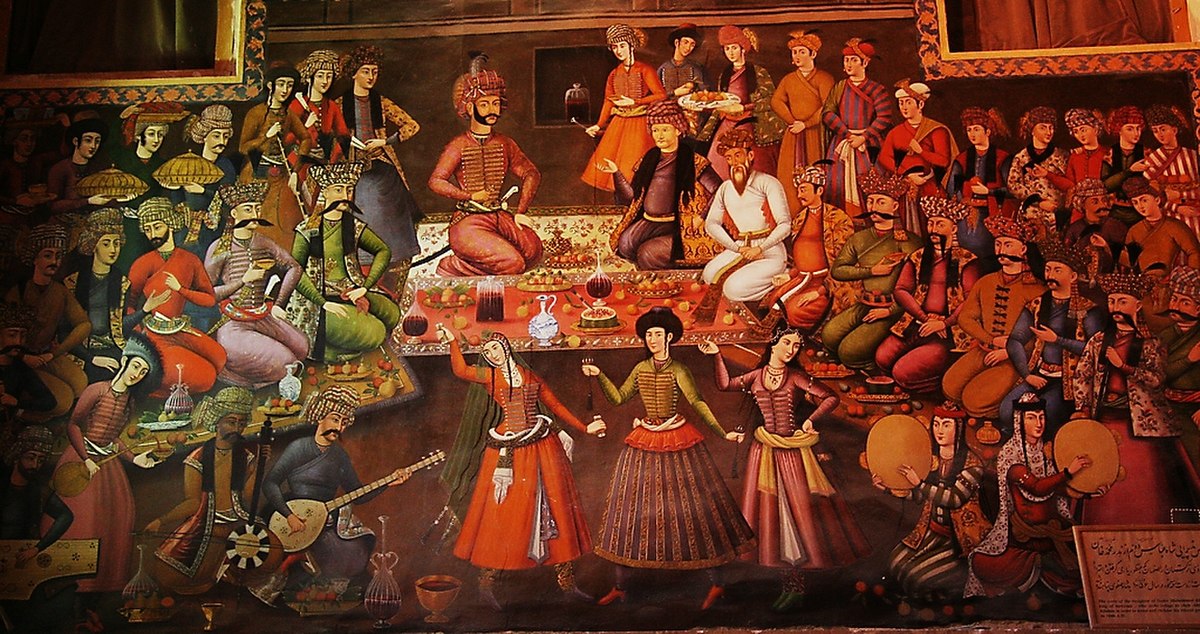
Decline of the Safavid Empire
PersiaIn addition to fighting its perennial enemies, their archrival the Ottomans and the Uzbeks as the 17th century progressed, Iran had to contend with the rise of new neighbors. Russian Muscovy in the previous century had deposed two western Asian khanates of the Golden Horde and expanded its influence into Europe, the Caucasus Mountains and Central Asia. Astrakhan came under Russian rule, nearing the Safavid possessions in Dagestan. In the far eastern territories, the Mughals of India had expanded into Khorasan (now Afghanistan) at the expense of Iranian control, briefly taking Kandahar.
More importantly, the Dutch East India Company and later the English/British used their superior means of maritime power to control trade routes in the western Indian Ocean. As a result, Iran was cut off from overseas links to East Africa, the Arabian peninsula, and South Asia. Overland trade grew notably however, as Iran was able to further develop its overland trade with North and Central Europe during the second half of the seventeenth century. In the late seventeenth century, Iranian merchants established a permanent presence as far north as Narva on the Baltic sea, in what now is Estonia.
The Dutch and English were still able to drain the Iranian government of much of its precious metal supplies. Except for Shah Abbas II, the Safavid rulers after Abbas I were therefore rendered ineffectual, and the Iranian government declined and finally collapsed when a serious military threat emerged on its eastern border in the early eighteenth century. The end of the reign of Abbas II, 1666, thus marked the beginning of the end of the Safavid dynasty. Despite falling revenues and military threats, later shahs had lavish lifestyles. Soltan Hoseyn (1694–1722) in particular was known for his love of wine and disinterest in governance.
